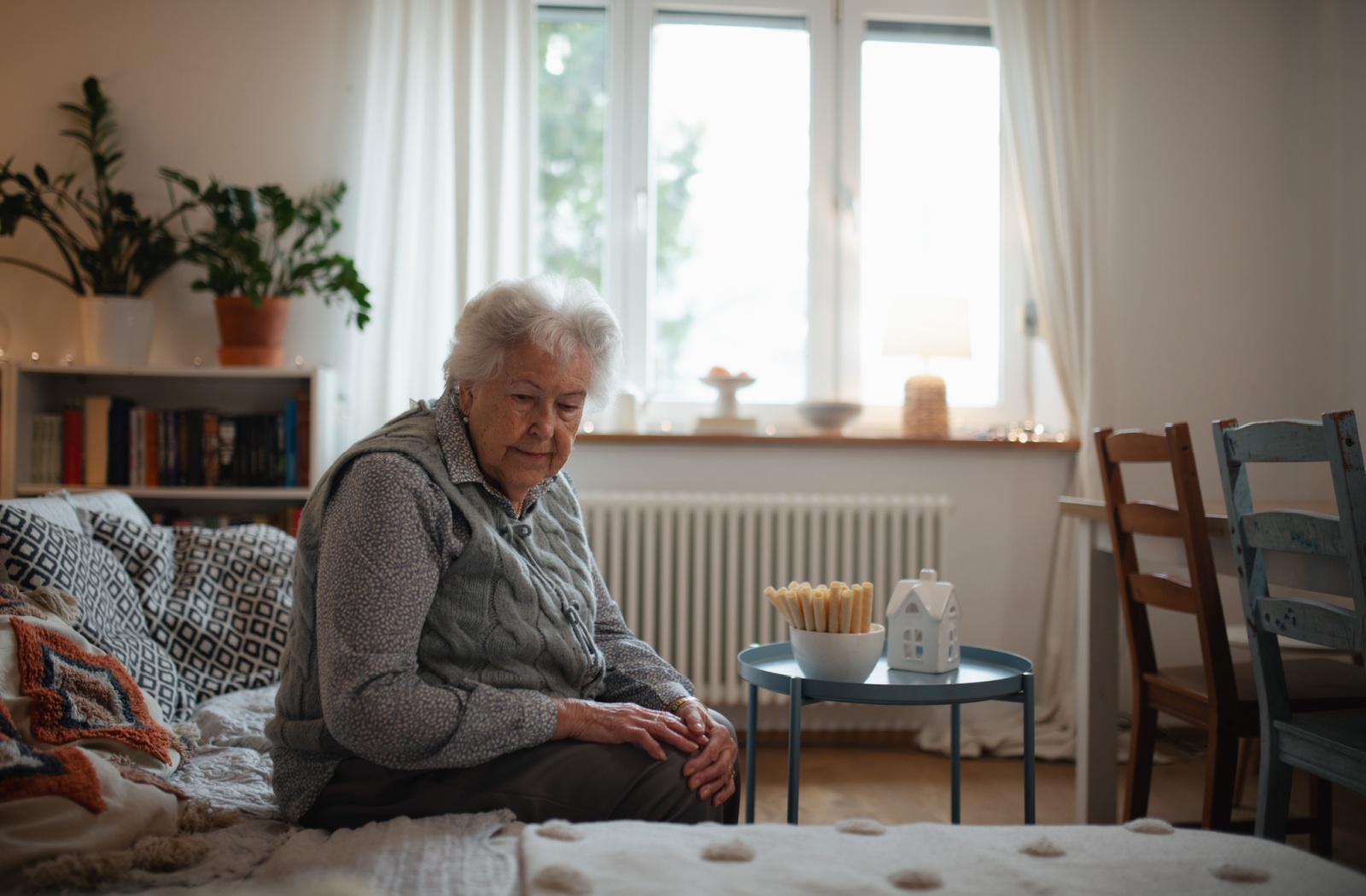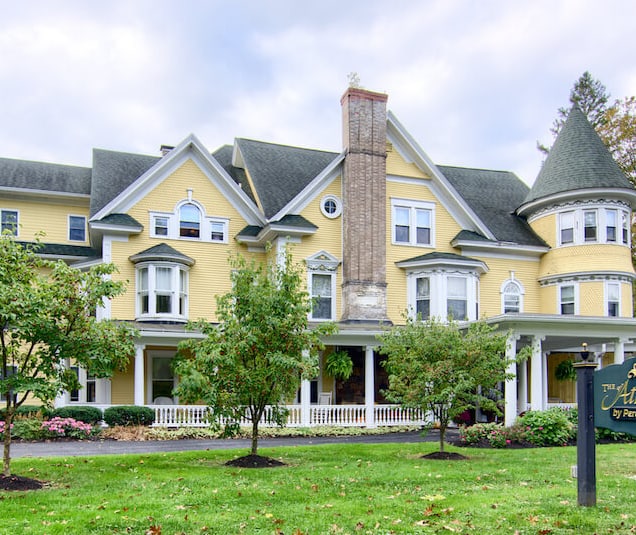Making care decisions for an aging parent or family member can feel overwhelming. You want the best for them, but how do you know when it’s time to consider assisted living? Signs like frequent falls, difficulty managing medications, or struggles with daily tasks such as cooking or hygiene can signal it’s time to explore other care options. Assisted living is designed to meet these changing needs while enhancing your loved one’s quality of life and strengthening family relationships.
Assisted living isn’t about what someone can’t do anymore—it’s about creating space for them to thrive with the proper support. If your loved one is becoming isolated or their health is declining due to unmet needs at home, assisted living can provide the care and social connection they deserve. When families remove the stress of daily caregiving, they often find deeper, more meaningful relationships with their loved ones.
Understanding Assisted Living
Assisted living offers personalized support for daily activities, promoting independence and social connection. Rather than focusing solely on basic care needs, quality assisted living communities create enrichment opportunities and celebrate each resident’s unique attributes.
Core Services & Support
Assisted living communities typically offer assistance with activities of daily living, including mobility support, dining assistance, help with dressing and grooming, hygiene and toileting routines, and medication management.
Beyond these essentials, residents enjoy services that enhance daily life, including delicious dining options, housekeeping, and recreational activities designed to foster connection and a sense of belonging.
Who Benefits Most?
Assisted living is best suited for older adults who value their independence but require some support with daily tasks. It’s ideal for those who want to maintain an active lifestyle while having access to help when needed. The community setting also benefits people experiencing social isolation or whose family caregivers are feeling overwhelmed.
Signs Your Loved One Could Benefit from Assisted Living
Recognizing when assisted living might help requires honest observation and open conversation. Here are key indicators to consider:
Difficulty with Daily Activities
When basic tasks become challenging or unsafe, it may be time to explore additional support. Watch for struggles with bathing, dressing, preparing meals, or managing medications. These difficulties don’t reflect failure—they’re natural changes that many people experience as they age.
Cognitive Changes
Memory concerns, confusion with familiar tasks, or difficulty managing finances can signal the need for additional support. While assisted living can help with mild cognitive changes, those with more significant memory loss may benefit from specialized memory care services that provide targeted support for seniors with dementia.
Safety Concerns at Home
Falls, forgotten stove burners, or difficulty navigating stairs safely are serious concerns. When the home environment becomes risky, assisted living offers a safer alternative with 24-hour support and emergency response systems.
Social Isolation & Mental Health
Loneliness has a significant impact on both physical and mental health. If your loved one has lost friends, stopped participating in activities they once enjoyed, or seems withdrawn, the social environment of assisted living can provide renewed connection and purpose.
Caregiver Stress
Family caregivers often experience burnout, which can impact their health and relationships. When caregiving responsibilities become overwhelming, assisted living can restore balance for the entire family. This isn’t giving up—it’s choosing a solution that benefits everyone involved.
Having the Conversation

Discussing assisted living requires sensitivity and patience. Start by focusing on your loved one’s goals and desires rather than their limitations. Ask questions like “What would help you feel safer at home?” or “What activities do you miss most?”
Listen to their concerns and involve them in researching options. Many people have outdated ideas about senior living, but visiting communities together can help you and your loved one see the reality of modern assisted living.
What to Look for in Assisted Living
When evaluating communities, consider the staff’s approach to care, the variety of activities offered, the quality of dining services, the cleanliness and safety of facilities, and the overall atmosphere. Trust your instincts about whether the community feels welcoming and whether staff members seem genuinely caring.
Assisted Living at The Athenaeum of Skaneateles
At The Athenaeum of Skaneateles, assisted living embodies The Peregrine Way—an approach that celebrates each resident’s unique qualities while providing personalized support. Located in the tranquil, historic setting of Skaneateles, the community offers comprehensive care in a warm, home-like environment.
Personalized Care Approach
The community offers fully adjustable support, enabling residents to receive precisely the assistance they need while maintaining their independence. From medication management to personal care assistance, services are tailored to each individual’s preferences and requirements.
Comfortable Living Spaces
Each room features abundant natural light, walk-in showers with safety features, housekeeping services, and 24/7 emergency call systems. The pet-friendly community ensures that beloved companions can remain an integral part of residents’ lives.
Enriching Daily Life
Restaurant-style dining offers nutritious and delicious meals in an elegant setting. Family members can join for meals at no extra charge, encouraging continued family connections. The community also offers a diverse range of activities, from exercise programs to social events, all designed to promote engagement and joy.
Holistic Wellness Focus
Beyond basic care, the community prioritizes total well-being through exercise programs, an on-site beauty salon, and activities that foster connection and a sense of belonging. This comprehensive approach helps residents thrive rather than simply receive care.
Making the Decision Together
Choosing assisted living is about supporting your loved one’s best life, ensuring safety, dignity, independence, and opportunities for new friendships and experiences. For families, it means shifting from caregiver to loving family member, strengthening relationships, and reducing stress.
The Athenaeum of Skaneateles advocates for care, patience, and open communication to promote assisted living as a positive chapter that improves life for you and your family. Contact us today to book a tour and experience how assisted living can alleviate concerns and spark excitement for new possibilities.









Dining at our community is about more than what’s on the plate—it’s about connection, community, and the joy of gathering together.
Our talented culinary team crafts meals that are both delicious and nutritious, offering flavors that comfort and inspire.
From themed dinners to chef demonstrations, each meal becomes an opportunity to savor the moment and celebrate life’s simple pleasures. 🍴
peregrineathenaeum.com/ ... See MoreSee Less
0 CommentsComment on Facebook
Who’s Who Wednesday…
I would like to introduce Nicole, our new Dining Director. Nicole started in January. It has been a joy to work with her so far. Be sure to introduce yourself when you visit our community.
A little about Nicole:
-Her first job was at a family owned Italian restaurant in Little Italy, Manhattan.
-Hobbies include cooking, fishing, hiking and gardening.
-Her favorite food is sushi and her favorite food to cook is anything with fresh pasta.
-An interesting fact about Nicole, she lived in Hawaii for two years.
We have enjoyed her thoughtfulness and creativity in the kitchen. A few pics to show some of her talent. Welcome Nicole! ... See MoreSee Less
0 CommentsComment on Facebook
Today we celebrate the caregivers—those whose quiet strength and unwavering compassion bring comfort to so many.
We see the difference caregivers make every day: holding a hand, sharing a smile, or offering reassurance when it’s needed most. 💕
Your dedication reminds us that true care goes beyond tasks—it’s an act of love, patience, and humanity.
Thank you for all you do to make the world a more compassionate place.
peregrineathenaeum.com/ ... See MoreSee Less
0 CommentsComment on Facebook
Mardi Gras fun! Kings Cake, beads and stories of New Orleans. ... See MoreSee Less
0 CommentsComment on Facebook
My Valentines on Valentines! 💌 ... See MoreSee Less
0 CommentsComment on Facebook
Happy Valentine’s Day! ❤️
Love takes many forms—between partners, friends, families, and even across generations.
Today we celebrate the love that fills our community: the care shared between residents and team members, the laughter that brightens our halls, and the sense of belonging that reminds us we’re never alone.
May your day be filled with connection, warmth, and heart.
peregrineathenaeum.com/ ... See MoreSee Less
0 CommentsComment on Facebook
In recognition of Mailman Appreciation Day, we thank all our postal service employees for all you do. We are grateful for you! ... See MoreSee Less
0 CommentsComment on Facebook